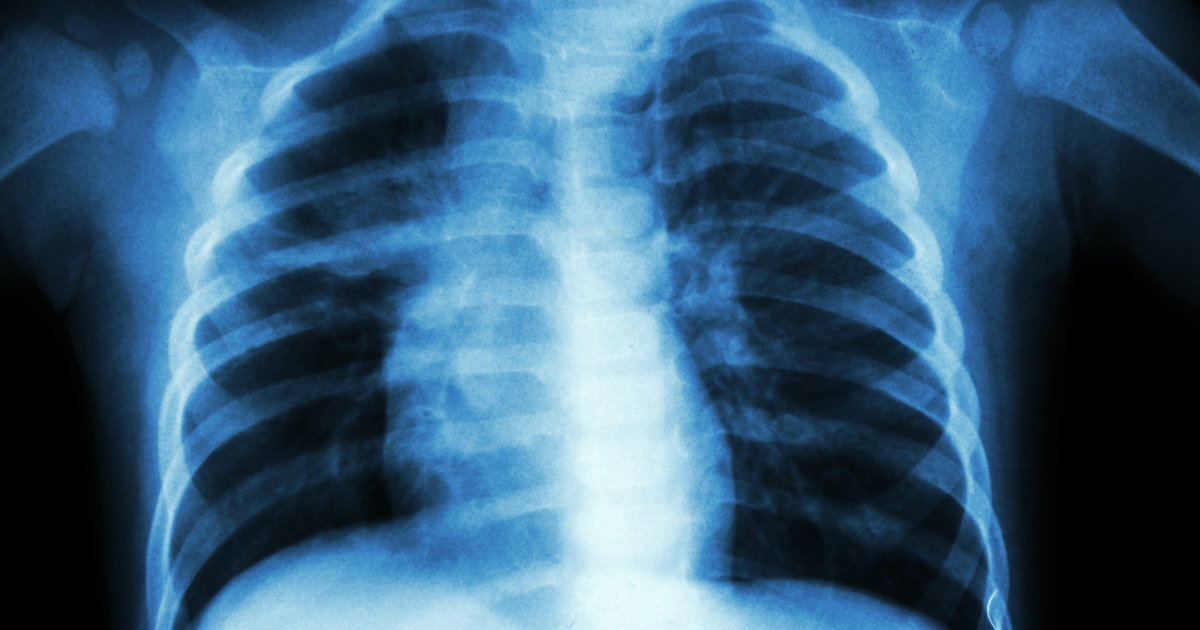What Causes Hypopituitarism?
Tuberculosis
Tuberculosis is a serious infectious disease caused by a bacteria called Mycobacterium TB. This bacteria usually has a primary effect on the lungs, but it can cause damage to other parts of the body as well. There are a couple of ways tuberculosis can cause hypopituitarism. Tuberculoma or a firm mass of tubercles that forms from tuberculosis can have the same effects on the pituitary gland a benign tumor would. Tuberculosis can also cause vasculitis or blood vessel thickening in the areas around the pituitary gland. Vasculitis in these areas may make it difficult for the pituitary tissues to receive a sufficient amount of oxygen because of reduced blood flow. A lack of oxygen can cause damage or death of the pituitary gland tissues responsible for the production of certain hormones. In addition, tuberculosis can cause fluids to leak out of the blood vessels around the pituitary gland, and triggering inflammation in this area. The exudate or mass of cells and fluid causes interference in pituitary hormone production with the same mechanism as a benign pituitary tumor.
Continue reading to discover more causes of hypopituitarism now.
Hemochromatosis

Hemochromatosis is a disorder that occurs when excessive amounts of iron build up in the body. In healthy individuals, the intestines absorb a precise quantity of iron from the foods consumed. Individuals with hemochromatosis tend to absorb too much of that iron and then store it in the joints and organs such as the heart, pituitary gland, pancreas, and liver. When the body has no way to get rid of excess iron, it displaces it in numerous tissues, including the cells in the anterior portion of the pituitary gland. The cells of the pituitary tissues are highly sensitive to iron toxicity. This sensitivity combined with the displacement of iron causes cell death in the pituitary tissues resulting in impaired function of hormone production. For unknown reasons, most cases of hemochromatosis only affect the anterior part of the pituitary gland responsible for producing the adrenocorticotropic, growth, follicle-stimulating, prolactin, and thyroid-stimulating hormones. Low blood pressure, weight loss, nausea, depression, weakness, vomiting, decreased strength, decreased muscle mass, erectile dysfunction, infertility, and lack of milk production can all be indicative of hypopituitarism triggered by hemochromatosis.
Get the details on more causes of hypopituitarism now.
